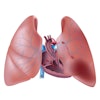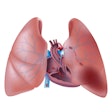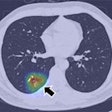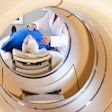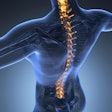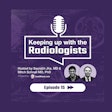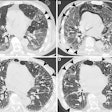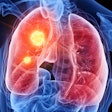CT lung cancer screening is even more effective than previously estimated and will benefit a broader range of people, according to two new studies published online August 28 in the Journal of the American College of Radiology.
In the first study, researchers from Lahey Hospital and Medical Center in Burlington, MA, aimed to see if CT screening would benefit patients outside the criteria set by the National Lung Screening Trial (NLST). NLST found a 20% mortality benefit for CT screening of high-risk smokers, defined as current or former smokers ages 55 to 70 with smoking histories of 30 pack-years or more.
The Lahey researchers used more liberal screening criteria from the National Comprehensive Cancer Network (NCCN), which covered smokers with 20 pack-year histories who also had at least one other lung cancer risk factor, such as a family history of lung cancer or a personal history of cancer or chronic lung disease (but excluding exposure to secondhand smoke). The NCCN criteria also lowered the age at which screening should begin to 50 years.
Comparing a total of 1,760 patients screened in both the NCCN and NLST studies from January 2012 to December 2013, the researchers found an annualized cancer detection rate of 1.8% in the NCCN group and 1.6% in the NLST group. The findings indicate that CT lung cancer screening can be offered to a wider population.
"Similar rates of positivity and lung cancer diagnosis in both groups suggest that thousands of additional lives may be saved each year if screening eligibility is expanded to include this particular high-risk group," the researchers wrote.
In the second study, another Lahey group examined use of the Lung-RADS structured reporting system from the American College of Radiology (ACR) in a lung screening program. They found that using Lung-RADS helped reduce the false-positive rate from 27.6% to 10.6%, while increasing the positive predictive value for diagnosed malignancy from 6.9% to 17.3%.
